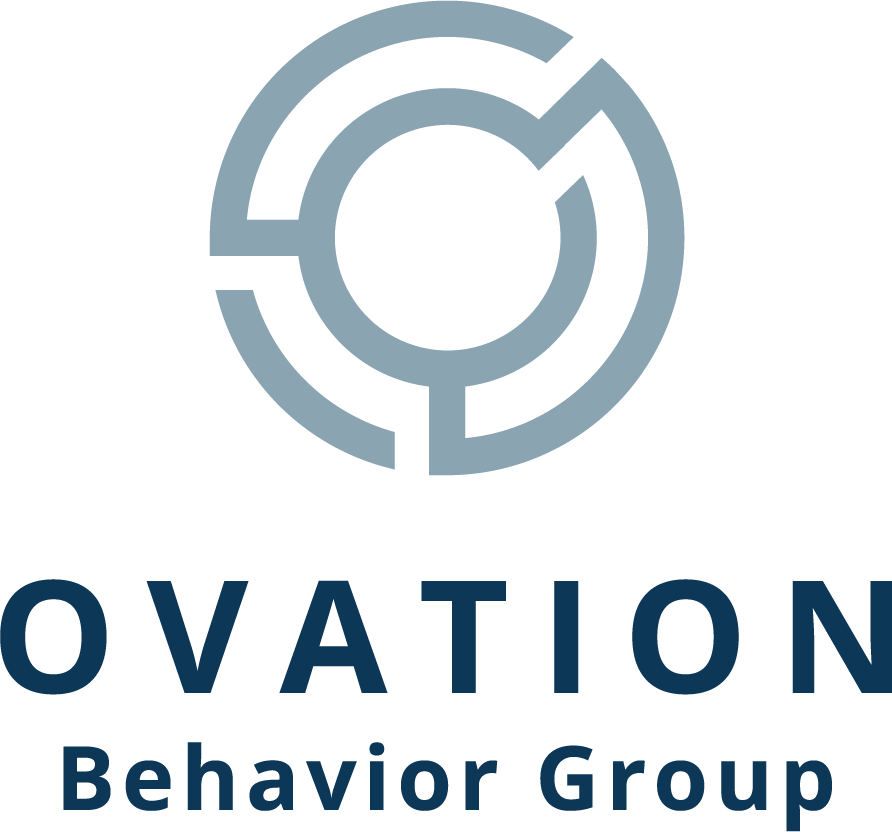The Importance of Early Intervention
The early years are a whirlwind for every child. It's a time when brains are like sponges, soaking up information and experiences that shape who they become. For children on the autism spectrum, this window of opportunity holds particular significance.
Why Early Intervention Matters
Early intervention with ABA therapy capitalizes on this crucial time in a child's development. ABA, or Applied Behavior Analysis, uses positive reinforcement to teach new skills and improve functional and significant behaviors. Here's why starting ABA therapy early can make a world of difference:
Ability to Change and Adapt: The young brain is more receptive to change. Early intervention allows ABA therapy to mold and strengthen neural connections, promoting optimal development.
Securing a Strong Foundation: Early intervention helps establish positive learning patterns and sets the stage for future success in areas like communication, social interaction, and daily living skills.
Habit Formation: By intervening early, we can help children learn and practice positive behaviors before challenging behaviors become ingrained.
The Benefits
The benefits of early intervention with ABA therapy go far beyond immediate skill development. ABA therapy early on can help improve:
Communication and social skills
Independence
Challenging behaviors
Confidence
While ABA therapy can be helpful at any age, starting early allows children to reap the greatest benefit, giving them a strong foundation to build their bright future upon.
Next Steps
If you suspect your child may benefit from ABA therapy, consult your pediatrician. If you suspect your child may have an autism diagnosis, you can make an appointment with your pediatrician, or a developmental pediatrician. Or, schedule an appointment with our diagnostic team. The earlier we intervene, the greater the impact we can make on your child's development.
Ready to get started with our ABA services, reach out today.
As a reminder, the suggestions outlined in this blog are not individual-specific. Always refer to your child’s health and behavior specialists before implementing any new programming.

